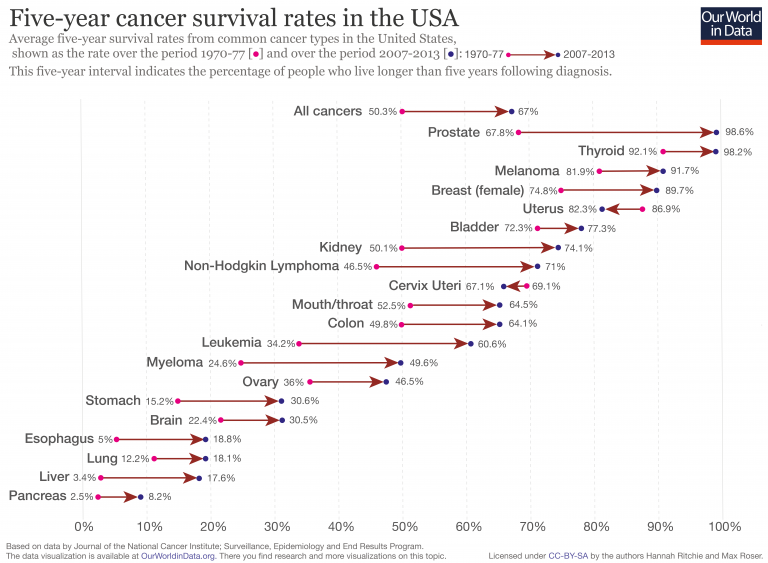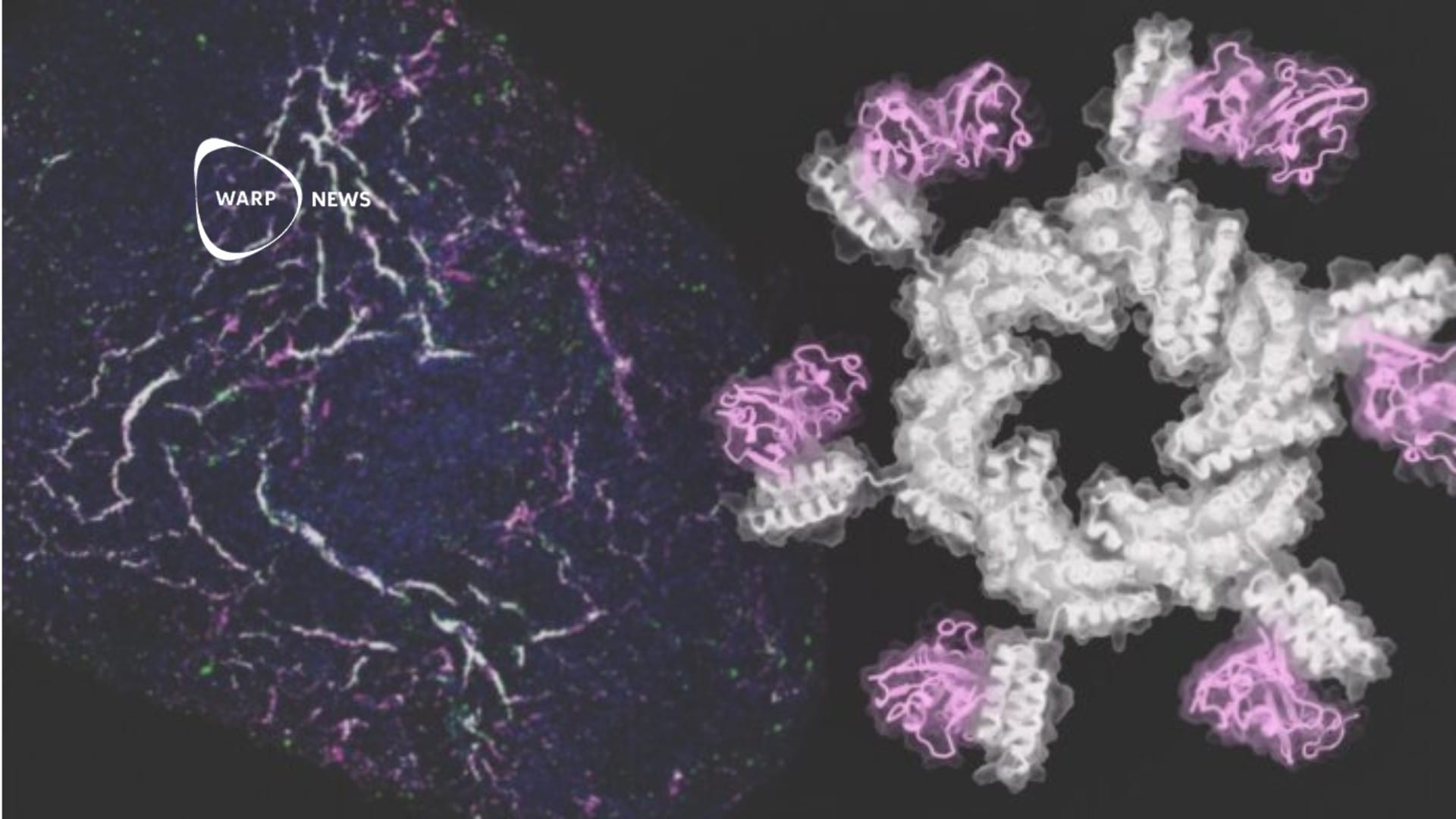
☀️ Are we about to cure cancer?
Less than a hundred years ago, cancer could not be treated. Many died without even understanding the seriousness of their diagnosis. A lot has happened since then. Are we even on the verge of curing cancer, asks Magnus Aschan.
Share this story!
On August 22, 1936, Minnesota's 22nd governor, Floyd Bjørnstjerne Olson, died suddenly in his office at 44. The cause was stomach cancer.
Olson had for some time experienced failing health with several serious stomach ulcers. When he visited the Mayo Clinic in December 1935 for his symptoms, he was diagnosed with stomach cancer. Although his cancer turned out to be terminal, Olson was never told how serious the situation was. This is how hospitals handled patients at this time, less than a hundred years ago.
There was a reasoning that the forecast for a severe cancer diagnosis was so cruel and so little could be done that it was better for the patient not to know the truth.
A lot has happened since then.
From 1970-77 until 2007-13, the average five-year survival rate for all types of cancer increased from just over 50 percent to 67 percent in the United States. Now, a decade later, this figure has improved further.

There are treatments for most cancer types today, and doctors are transparent with patients about possible outcomes. Of course, a lot remains to be done. Pancreatic cancer is a severe form of cancer where the average survival rate after five years is only 16 percent if it is not possible to treat with surgery. Despite this, we've come a long way since the '70s and its survival rate of 2.5 percent.
Overall, things are moving forward. All cancers can now be treated much better than 50 years ago, and more people than ever survive.
But are we on the verge of being able to cure or completely prevent cancer?
For some types of cancer, it does seem that way. Two patients with leukemia have recently completely gotten rid of their cancer. Ten years after the end of treatment, patients remain cancer-free.
This treatment is nothing short of amazing. It removes T cells, white blood cells that fight viruses, from a patient's blood and genetically engineers them to fight cancer. The modified cells are then returned to the patient.
The body's immune system is thus modified to fight cancer, and the effect seems to last. A study in the journal Nature has recently been published with the results.
And this is just the beginning; at least, this is what physicist and author Michio Kaku believes:
"We're going to have a 'magic bullet' against cancer using nanomedicine. This means individual molecules in the cells that can target individual cancer cells, using nanotechnology", he says in an episode of Big Think.
And continues:
"The next big thing is when your toilet becomes intelligent. In the future, your toilet will be your first line of defense against cancer because your body fluids - blood and other fluids - contain signatures of cancer colonies of a few hundred cancer cells in your body, years before a tumor forms ..."
Michio Kaku predicts that cancer will be like a common cold; we live with a common cold; it does not kill anyone unless you, for instance, already have pneumonia.
In not even a hundred years, healthcare has gone from not being transparent with patients because so little could be done managing it to seeing the light in the tunnel: treatments that can cure cancer.
So the answer to whether we are about to cure cancer is: yes. As for certain types of cancer, we are already there.
❓ Do you want to read more about cancer treatments and cures? Read our Health Tech articles.
By becoming a premium supporter, you help in the creation and sharing of fact-based optimistic news all over the world.


